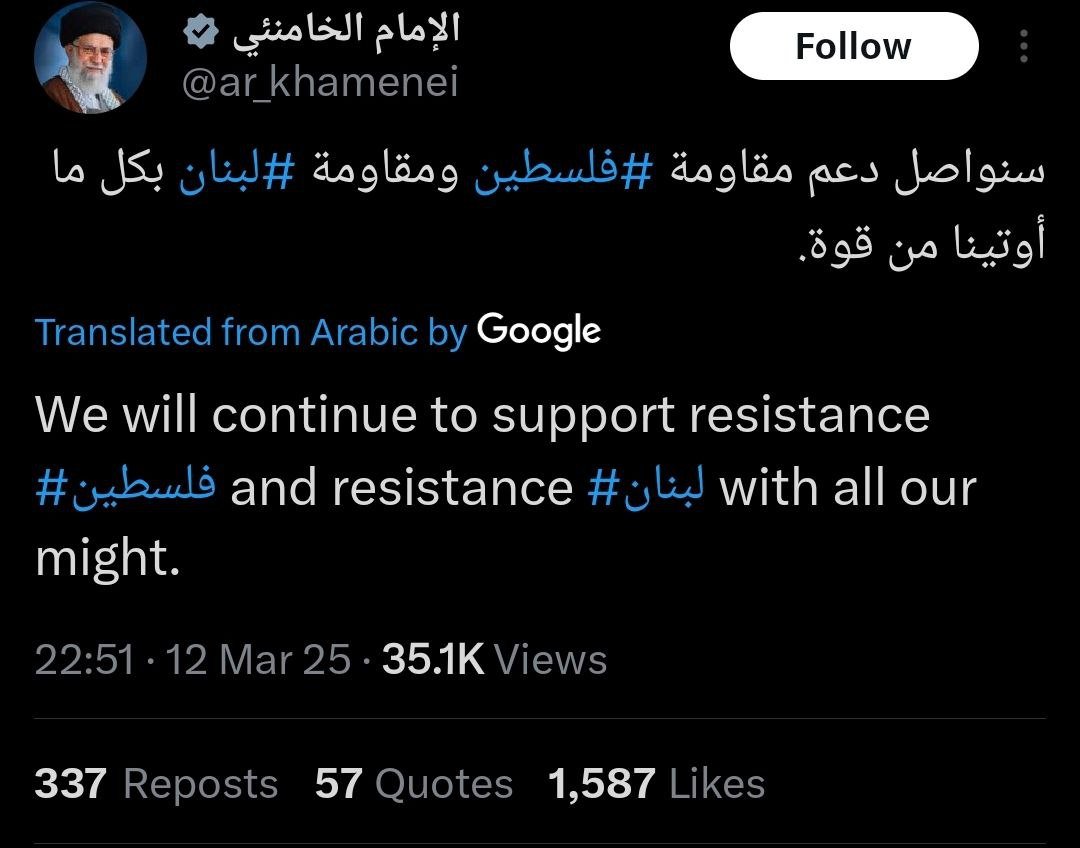Iran Rejects Trump’s Offer for Nuclear Negotiations, Calling It “A Deception”
Executive Summary
Iran’s Supreme Leader, Ayatollah Ali Khamenei, has dismissed U.S. President Donald Trump’s proposal for direct negotiations on a new nuclear deal, labeling it a “deception.” The proposal, delivered through the United Arab Emirates, comes as Trump intensifies his “maximum pressure” strategy, warning Iran of potential military action if talks fail. Khamenei, citing Trump’s withdrawal from the 2015 nuclear agreement, insisted that negotiations with the U.S. would not lead to sanctions relief and vowed strong retaliation against any military threat.
Analysis
The latest diplomatic standoff between the U.S. and Iran highlights deep-rooted mistrust and the failure of past negotiations to establish long-term agreements. Trump’s offer to renegotiate a nuclear deal was swiftly rejected by Khamenei, who views U.S. diplomacy as a pretext for imposing harsher sanctions rather than a genuine effort at resolution. This rejection reinforces Iran’s longstanding stance that it will not engage in talks while under economic pressure.
Trump’s approach mirrors his first presidency’s aggressive tactics: presenting Iran with a stark choice—negotiate or face potential military consequences. His warning, delivered in a Fox Business interview, that the U.S. is in the “final moments” of dealing with Iran suggests that Washington sees the current window as critical. However, Iran has not shown any willingness to back down. Khamenei, speaking before a crowd in Tehran, declared that Iran does not seek nuclear weapons but, if it did, “America could not stop us.” This defiant rhetoric signals Tehran’s confidence that it can withstand U.S. pressure while continuing to expand its nuclear program.
The involvement of the UAE as an intermediary underscores the regional stakes. The Gulf states, particularly Saudi Arabia and the UAE, have long viewed Iran’s nuclear ambitions as a security threat. The Trump administration’s attempt to engage Iran through Abu Dhabi reflects an effort to leverage regional players to pressure Tehran. However, this strategy has proven ineffective, as Iran remains deeply skeptical of U.S. intentions.
Iran’s nuclear program remains a flashpoint. While Tehran denies pursuing nuclear weapons, reports from the International Atomic Energy Agency indicate that Iran has significantly increased its stockpile of highly enriched uranium. This escalation has alarmed both Washington and Tel Aviv, with Israeli Defense Minister Yoav Gallant suggesting that Iran’s nuclear sites are now more vulnerable than ever following Israeli airstrikes on Iran’s air defenses.
Iran’s rejection of talks also comes amid broader regional tensions. The collapse of Bashar al-Assad’s government in Syria has weakened Tehran’s regional influence, while ongoing hostilities between Israel and Iranian-backed groups in the Middle East have further strained Iran’s strategic position. The economic impact of sanctions has left Iran in a precarious state, but Khamenei appears determined to resist external pressure, banking on internal resilience and strategic alliances with Russia and China.
